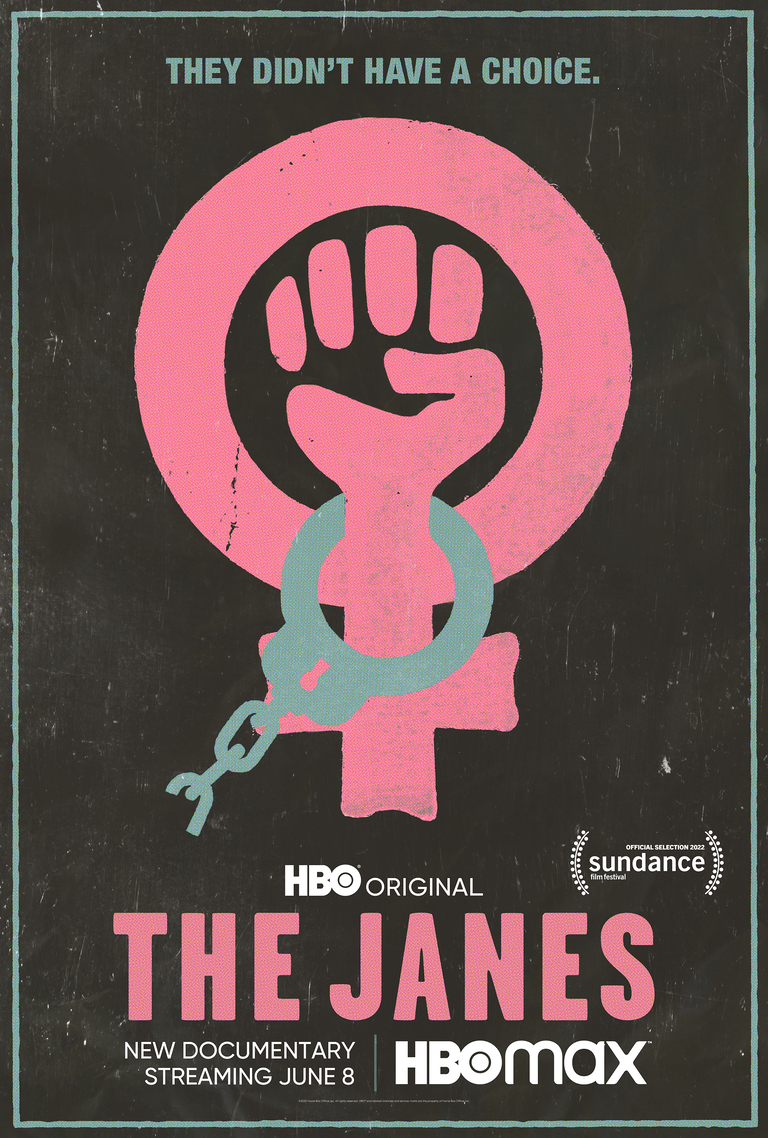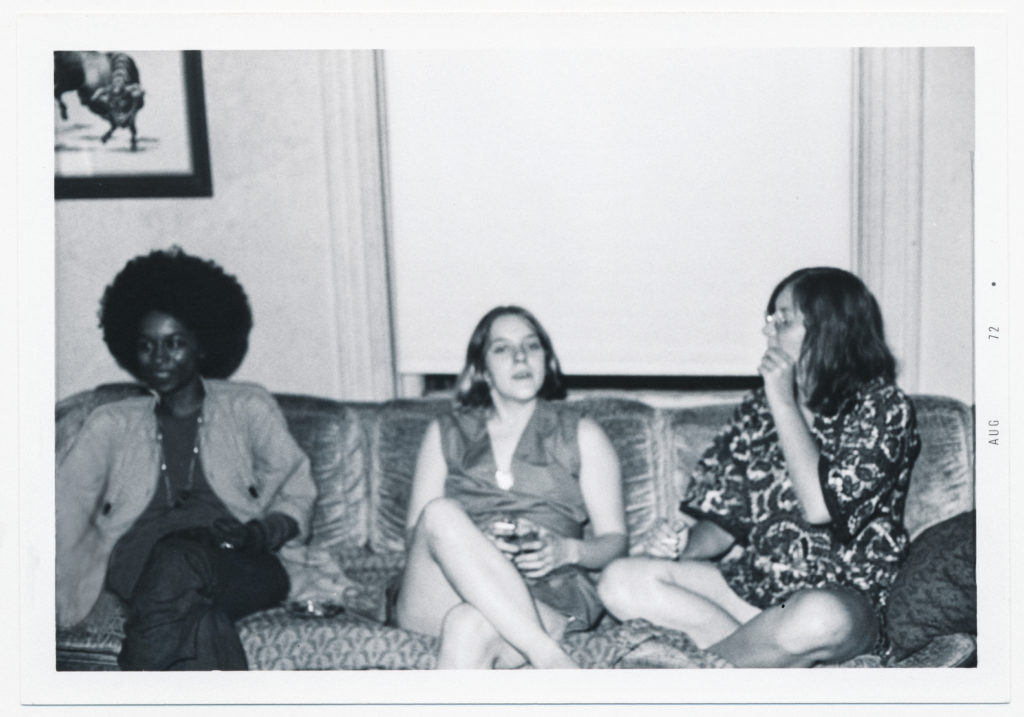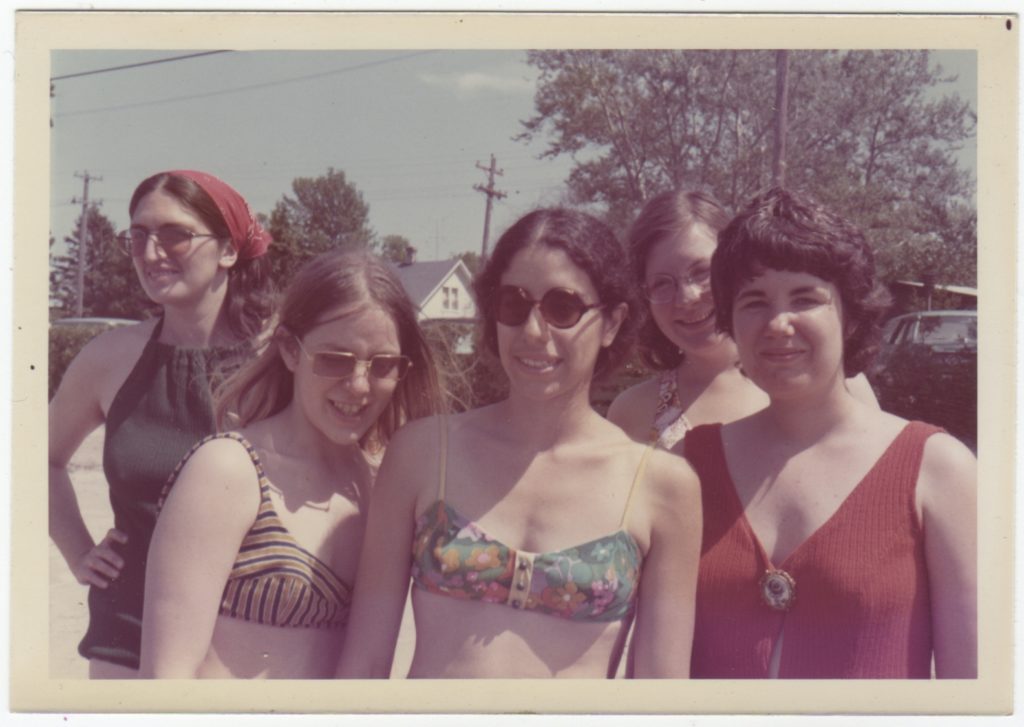
This is an urgent moment in American history for action on abortion rights. The landmark Roe v. Wade decision by the Supreme Court in 1973 making abortion legal in the United States is set to be overturned, and activists for reproductive justice have already begun to mobilize to ensure that doesn’t happen. It’s a particularly fitting moment for the premiere of the documentary The Janes, which showcases the network of women who helped those who needed abortion back when the procedure was still outlawed, offering a picture of a very different time that may soon again resemble our present.
A dramatized version of this story, Call Jane, starring Elizabeth Banks, premiered at the Sundance Film Festival at the same time as this film. There are fewer substantial differences than might be expected, with obvious adjustments for clarity and character development. The key elements are the same, which reveal a remarkable simplicity to the whole operation: women helping other women to secure abortions in a system that emphasized anonymity and trust. And, for a while, it actually worked remarkably well, and offered much-needed help to women when they couldn’t turn to doctors for it.

It’s easy to be inspired by the women who banded together to put a service in place when there was no other option, but what’s just as fascinating is the playfulness and sense of adventure that dominates this film’s tone. The opening scene details the car make codenames sometimes used for the different levels of treatment provided, and the notion of the “place” and the “front” as essential to maintaining safety and the ability to continue if someone turned them in is emphasized by multiple interviews subjects. But the potential severity of the implications of being caught is not matched by a sense of fear in this engaging retrospective.
Instead, there is a sense of excitement that the Janes were able to get away with what they did, both as a result of their hard and selfless work and of the ignorance of those who would underestimate them. One story of a police raid results in the arriving officers demanding to know where the doctors were, unable to conceive that these women would be performing the abortions themselves and not merely serving as secretaries to a man with a degree. The doctor who did work with the group at first also appears in the film, though he doesn’t present well, even if he drew a line at forcing sexual favors from women while celebrating the personally lucrative industry in which he found himself.

As documented in this film, the Janes represent a true sense of community, one whose members in many cases became involved because of their own need for help and then stayed to pass that along to others. There are also those who pushed for social good, advocating that women of color were disproportionately affected by access options due to financial constraints and that those who were able to pay what they could might then be able to fund those who weren’t able to pay much or anything. Additionally, other movements made little space for the issue of reproductive justice even as its proponents fervently championed their own causes, including anti-war and civil rights.
The Janes will surely hit home in a much stronger way than may have been intended when it originally began production and when it debuted at Sundance, but it also possesses a universal, timeless quality. Chief among its most vital takeaways is that abortions operated by the Janes were conducted in a safe manner, and the most publicized incident that led to a woman’s death didn’t even involve any treatment from them. In an increasingly divided society that values the alleged right to life over the health of the mother, it’s affirming to see such a lack of ego and an eagerness to be helpful and humane. The Janes likely could not exist today in the way that they did for many reasons, but there is a great deal to be gleaned from their story and their mission.
Grade: B+
Check out more of Abe Friedtanzer’s articles.
The Janes debuts on HBO Max on Wednesday, June 8th.

